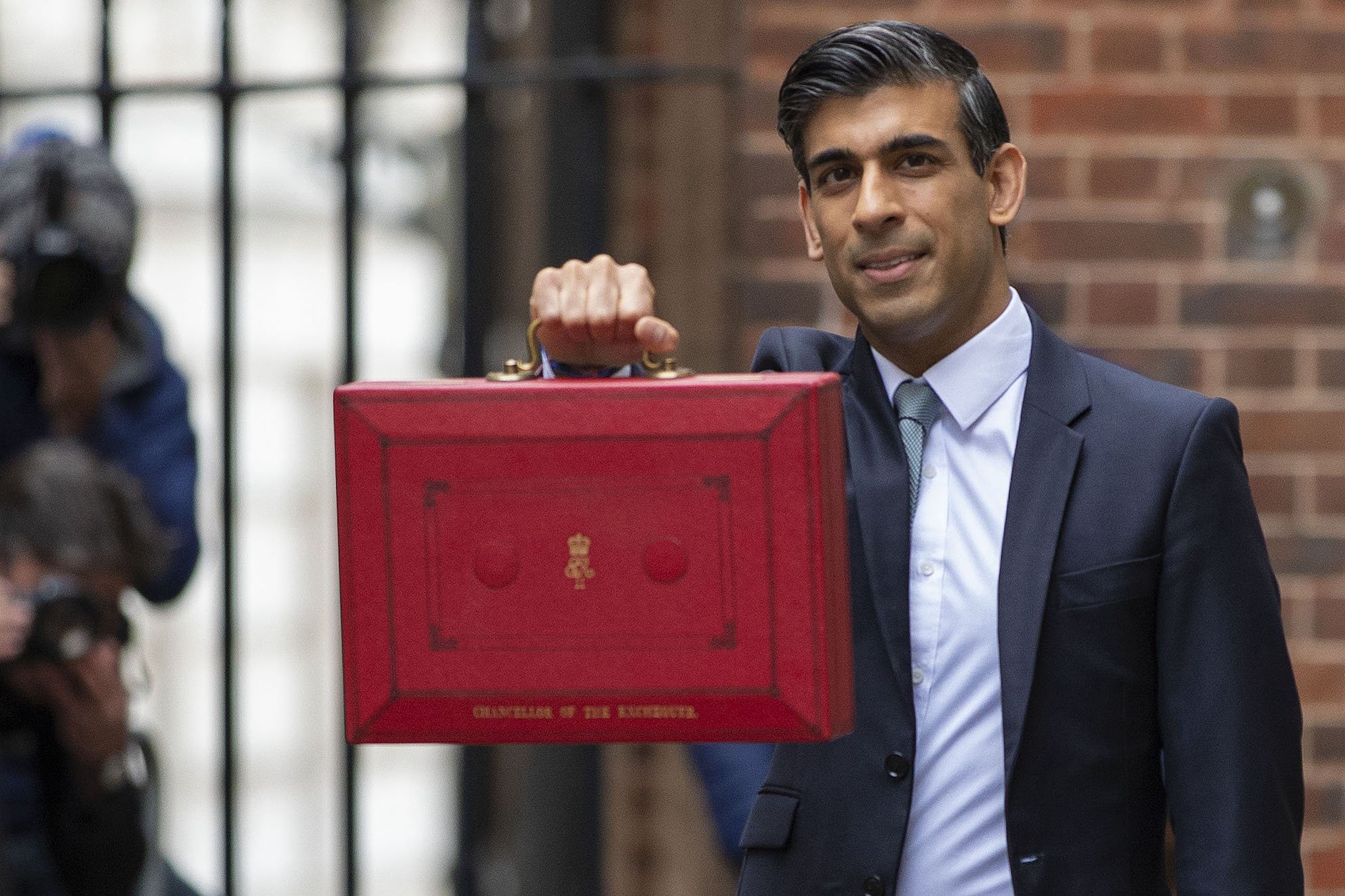
Below is a round-up of all the big announcements, as well as links to detailed stories on the main policy changes. For more Budget news, keep an eye on MSE News.
Cash boost for Universal Credit recipients
Millions of workers on Universal Credit will get a cash boost by 1 December, Mr Sunak has announced. The taper rate, which is the amount Universal Credit payments are reduced by when you’re in work, will fall from 63% to 55%. This means for every £1 you earn your Universal Credit payments will be docked by 55p per £1 instead of 63p per £1, an 8p per pound saving.
In addition, the amount households with children or a limited capacity for work can earn before they’re hit by the taper rate will rise by £500/yr.
Plans revealed to consult on a change to pension fund charges
The Government is to consult on possible changes to the 0.75% cap on pension fund charges, potentially raising the ceiling so that the funds can be used to invest in more expensive projects, such as renewable energy.
The pension charge cap was introduced in 2015 to protect workers auto-enrolled into workplace defined contribution pensions from having their savings whittled away by high charges. But Mr Sunak said the changes could see savers benefit from “higher return investments”, which are more expensive to invest it. See our Pension Need-To-Knows guide for more on retirement saving.
MoneySavingExpert.com founder Martin Lewis said he was “slightly concerned” about the proposals, adding that while the move could allow for wider choice it should not be allowed to “push up the norm for charges for simple funds”.
Air Passenger Duty will rise for some but will be reduced on domestic flights
From April 2022, journeys over 2,000 miles (e.g. London to New York) will face an APD rise of £2 from £82 to £84 for economy travellers. The rates for journeys under 2,000 miles (e.g. London to Barcelona) will continue to be frozen at £13 up until 2023/24. But from April 2023, Mr Sunak has announced a new third band for ultra-long-haul flights over 5,500 miles (e.g. London to Sydney) – which could set flyers back £91.
On top of this, domestic air travel within the UK will get cheaper as the Treasury announced a 50% cut and the introduction of domestic APD charged at £6.50 – which could cut the cost of flight for millions of frequent travellers across England, Northern Ireland, Scotland and Wales.
Passengers themselves don’t directly foot the bill for APD but these are typically passed on by carriers into the price you pay for tickets. See our guide to buying the Cheapest Flights but check the current Coronavirus Travel rules first.
National living and minimum wages to rise from April
Mr Sunak confirmed plans to raise the national living wage paid to workers aged 23 and above across the UK from £8.91/hr to £9.50/hr from 1 April 2022. The national minimum wage for workers aged under 23 and apprentices will also rise. The changes were first revealed by the Treasury earlier this week (on 25 October) and were officially announced today.
No change to the personal allowance and to certain other tax rates, while ISA thresholds will remain the same
There’s no change to the personal allowance, capital gains tax (CGT), the pensions lifetime allowance or inheritance tax thresholds, which remain frozen until 2025/26. See our Tax Rates 2021/22 guide for more detail on this.
Child trust fund and junior ISA allowances remain at £9,000 and the adult ISA allowances remain at £20,000. Visit our What ISA should I choose? guide for more on this. If you earn less than £18,570 a year from income and savings interest, then your tax-free savings threshold is also being kept at £5,000. See our Tax Free Savings guide for a full breakdown on this.
No mention of the student loan repayment thresholds for April 2022
A report in the Financial Times (FT) earlier this year suggested that ministers had been considering cutting the threshold at which graduates have to start repaying loans from £27,295 per annum to £23,000 per annum, which would mean students having to pay around £400/yr more. With no announcement made on Wednesday, Martin Lewis has long predicted that one could come at a later date.
MoneySavingExpert.com founder, Martin Lewis, has previously warned the Government against possible retrospective changes to the terms and conditions of existing student loan contracts, saying it would be unfair. See our Student Loan Mythbusting guide for more info on how the current system works.

